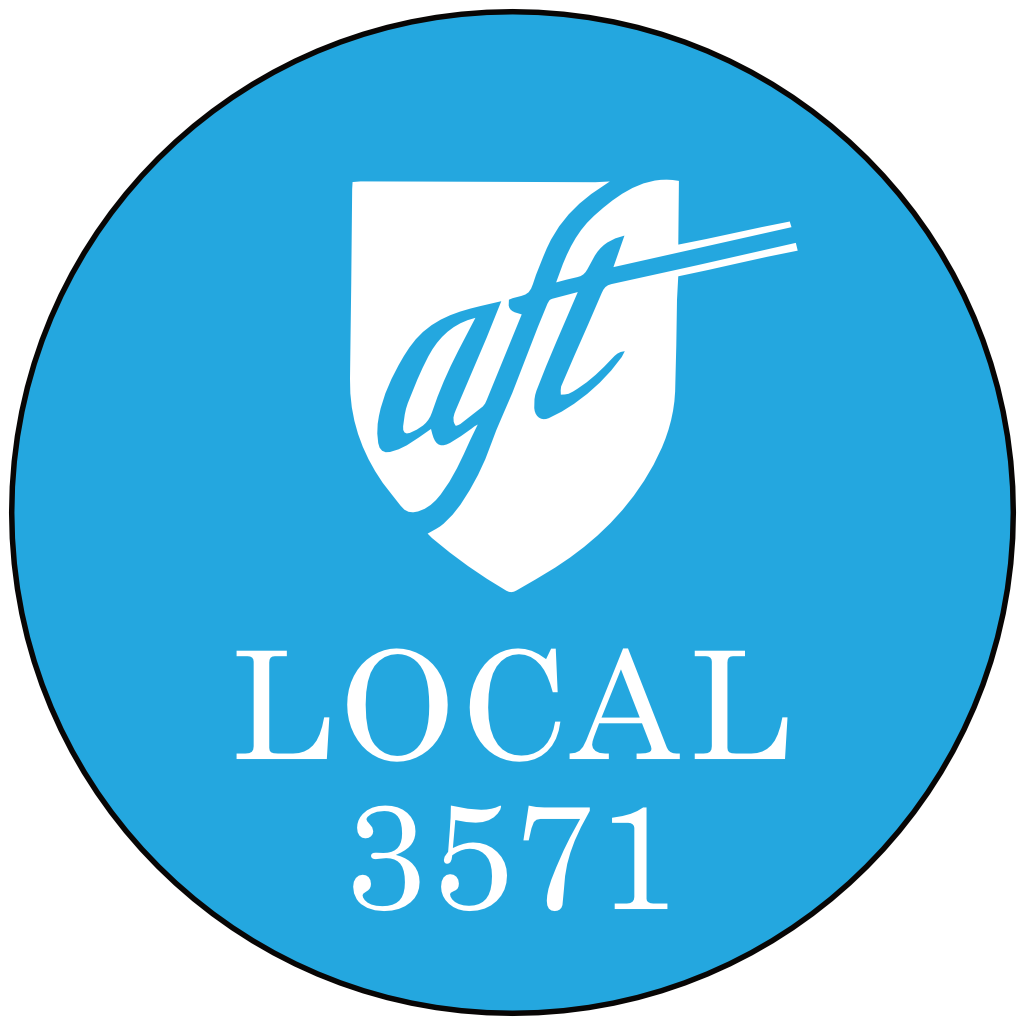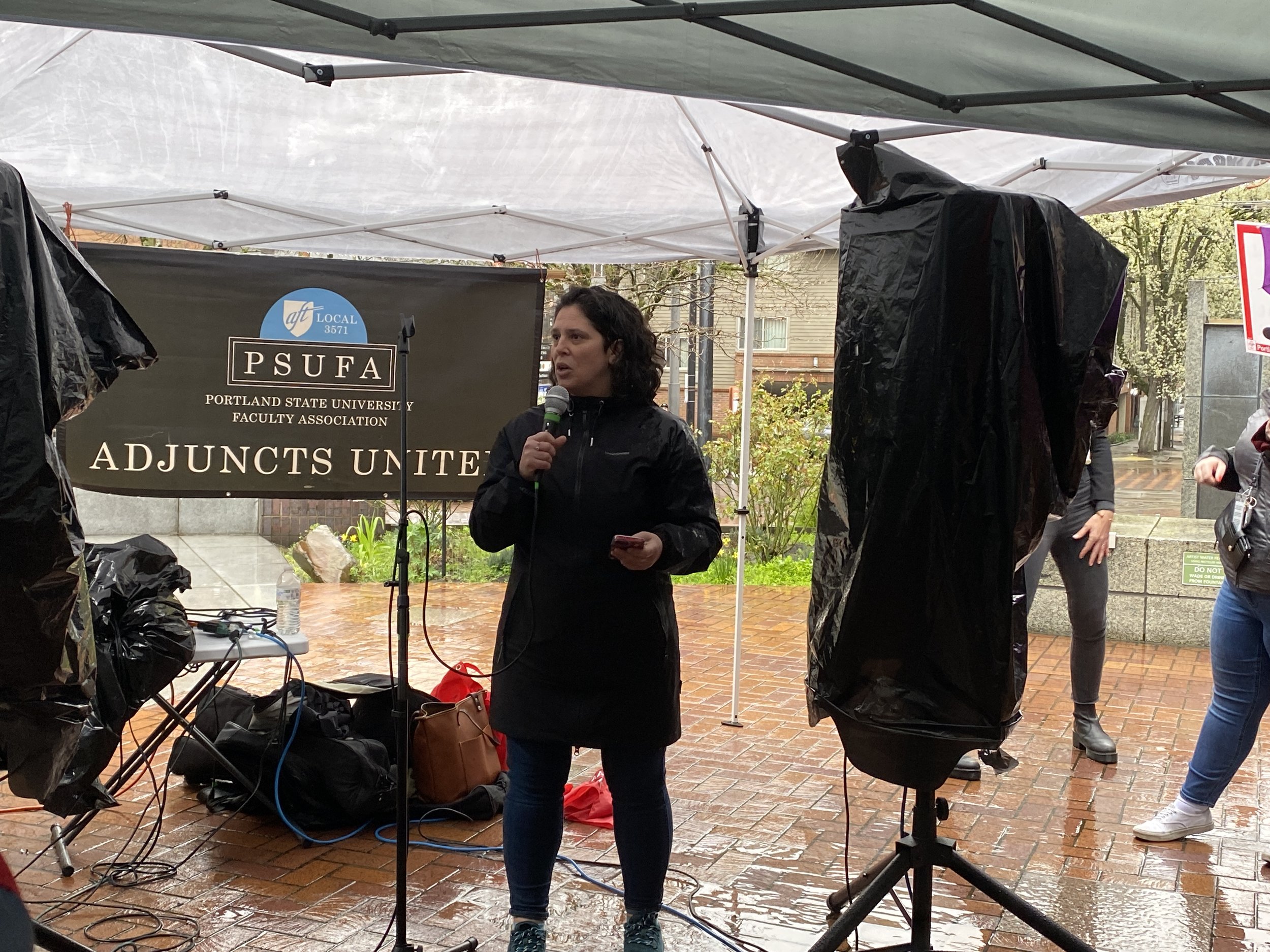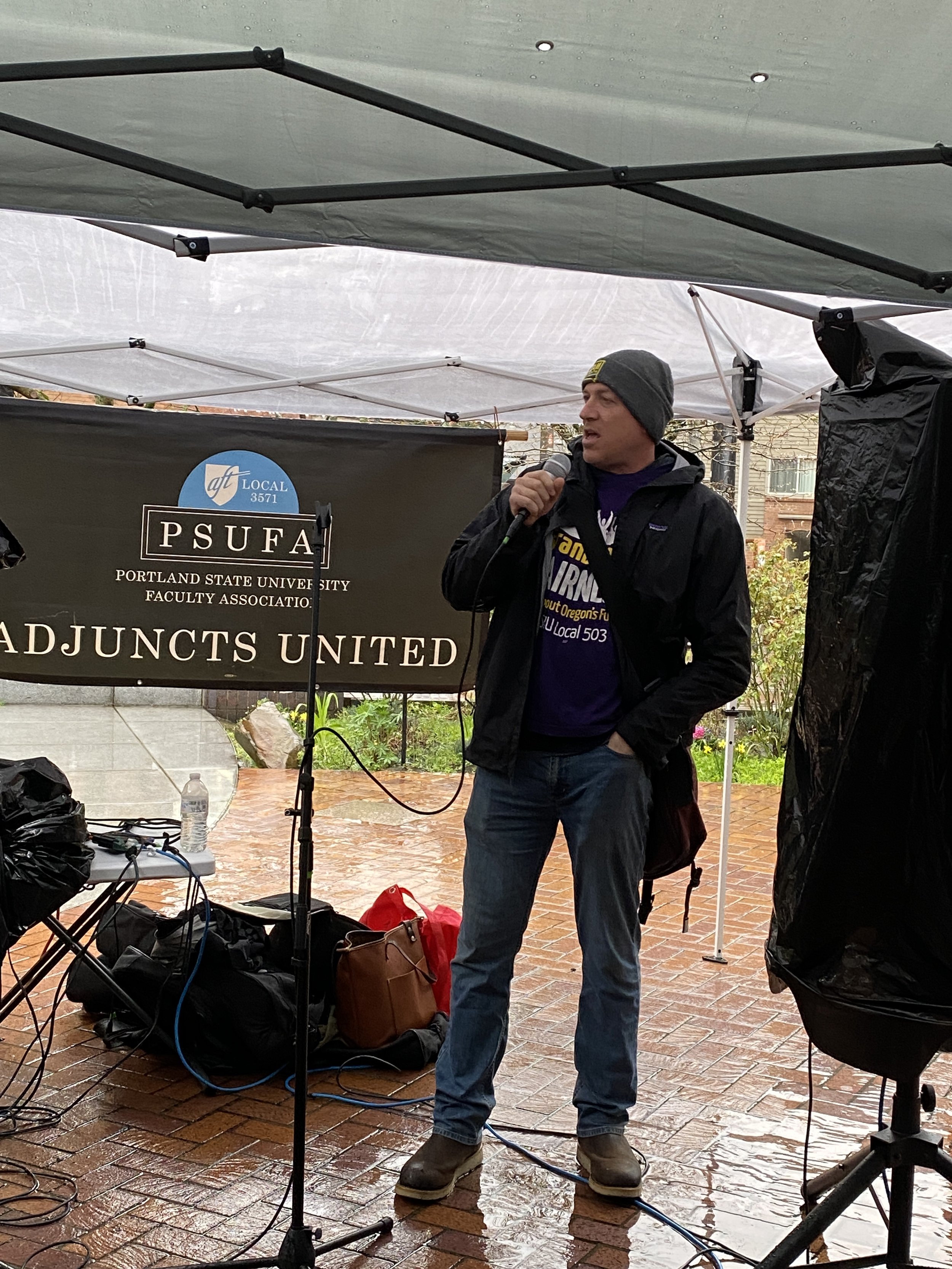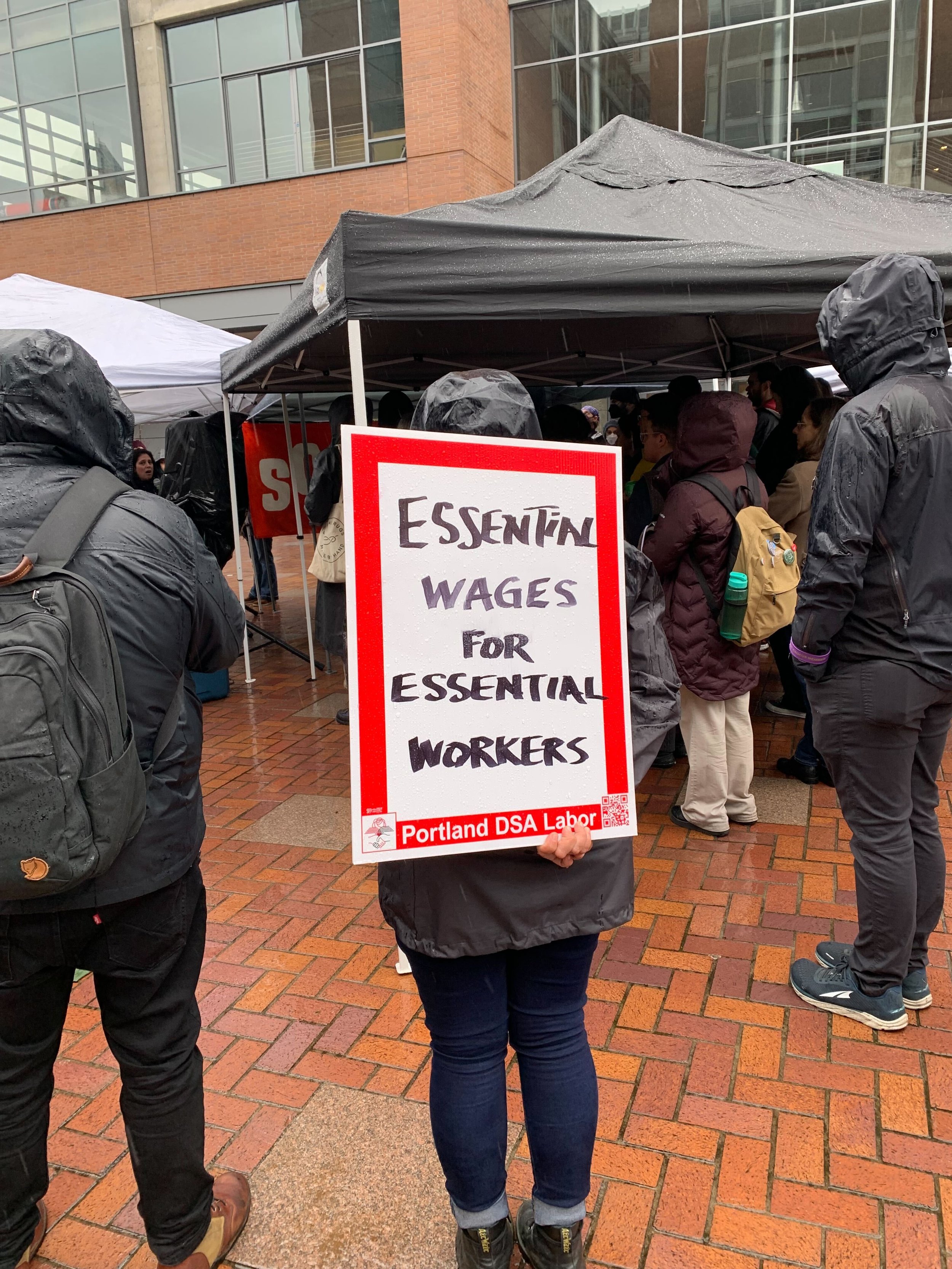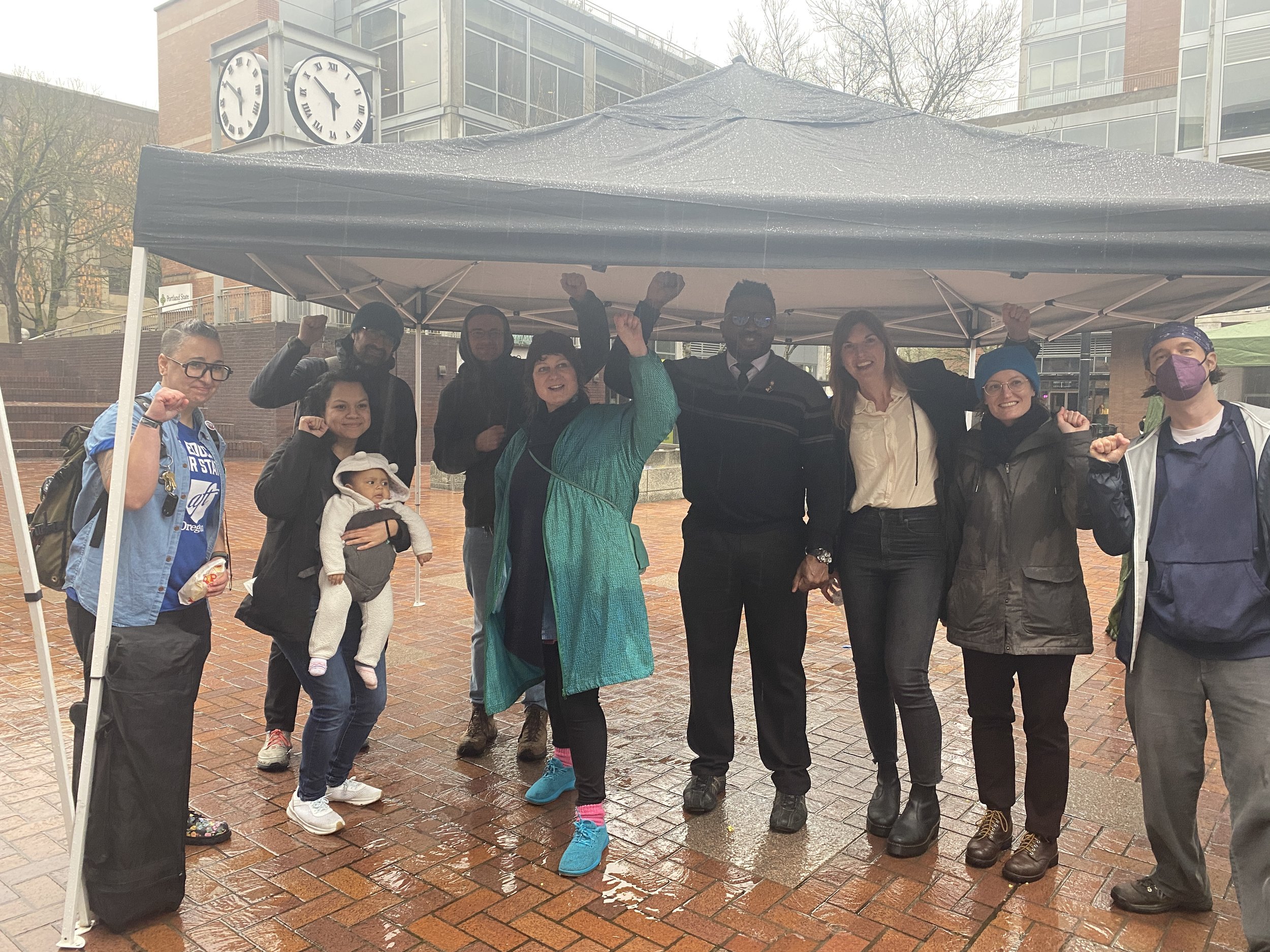Dear PSUFA,
The biggest news from our Friday, June 9 bargaining session is that PSU finally presented their numbers for what they believe PSU adjuncts should be compensated, both the per-credit minimum rate and cost-of-living increases for adjuncts were discussed. PSU administration proposed a meager 3.5% COLA to our unit, despite giving full-time faculty a 8% COLA this past January. The 3.5% COLA amounts to a pay cut. Because of inflation, we make less today than we did in 2019.
In terms of raises to our minimum per-credit rate, they suggested a sad 1% increase—and only for those paid the least. There would be no raises for those working above the minimum rate.
It was deeply disheartening to see such a low offer come from the university. Our observers were outraged that such an insulting proposal was presented by the University administration. Because of the Friday proposal, we at PSUFA have scheduled an emergency, all-member meeting to discuss what our next steps will be.
IF THE UNIVERSITY WANTS TO CLAIM TO BE COMMITTED TO EQUITY IT NEEDS TO ACTUALLY PROVIDE IT TO ITS WORKERS.
If you can attend, and want your voice heard please join PSUFA in discussion on Wednesday, June 14th from 5pm - 6pm virtually on Zoom. Join us here.
PSUFA presented what we believe equal pay for equal work means—what our minimum pay should be, as well as what we should be paid once we have worked here for years and proven our expertise and dedication to the PSU community.
For our minimum rate proposal, we took the lowest full-time non-tenure track annual salary ($50,265), deducted 10% (which is for their service work), and then divided the remaining amount by the 36 credits that most non-tenure track faculty teach. That per-credit rate without benefits would be $1,257.
Then, because PSU does not offer us healthcare and for the vast majority of us does not give us retirement benefits, we added an additional 30% onto that amount to make up for the benefits we are denied and we have to pay for them ourselves. (The +30% is based on data given to us by PSU about how much additional compensation is spent on full-time non-tenure track faculty for their benefits.) That brings the per-credit rate we would need to be paid equitably including benefits: $1,634 per credit.
We did a similar calculation based on the median salary for non-tenure track faculty and arrived at a goal for where we want our salaries to rise over time, potentially after teaching 9 years at PSU: $2,174 per credit.
These numbers are based off of what PSU already pays our full-time colleagues for teaching the same or similar classes that we do. While we know we have a long way to go to get to pay equity with the median NTTF faculty, it is important to have these tangible numbers about what we should be aiming for.
Other Takeaways From the Bargaining Session
We also went through another round of IBB (interest based bargaining) today. During IBB, each team shares their interests on an issue first before swapping actual proposals. PSU started off the session by recognizing and highlighting their interest in providing more support to our union. In several prior bargaining sessions, PSUFA has outlined that in many instances the university departments are not following proper CBA guidelines, often leading to unpaid labor and contract violations. In turn, today the PSU administration recognized that they were interested in co-creating opportunities for leadership development in the union. Currently, we are not sure if PSU is considering investing more financially in our union or if they want to “support our union” in other ways. More to come in terms of what that actually means for PSUFA.
Next we moved on to discussing independent studies. Independent studies function much like a mentoring program, in which a student asks a faculty member to host an independent study on a special topic in exchange for a university-accredited class. The student receives credit like a regular class, while the committed faculty member can opt, upon approval from their chair, to supervise a special project or research a student decides to take on. This program is essential to making sure we are serving our population of students with a wide diversity of needs.
The university came back with some strong language concerning adjuncts and their roles in terms of providing independent studies to our students. PSU stated that they were interested in “ways to align faculty engagement with enrollment management and unit productivity.” Keywords here, folks—“unit productivity.” PSUFA asked the administration to clarify this statement and what they meant by “unit productivity.” When pressed on the matter, the university administration stated that they felt like independent study was not the most productive use of adjuncts’ time and they also suggested that they did not intend to increase any compensation for adjunct faculty hosting independent studies. Currently adjuncts receive a dismal amount of $ 50 per credit for the entirety of the term that they host an independent study.
We deserve better. It’s time to come together and push hard against PSU’s continued inequity. Our labor is the product our institution is selling, WE HAVE LABOR, WE HAVE THE POWER TO CHANGE OUR ECONOMIC CIRCUMSTANCE.
Again, we hope you can join us and share your voice on Wednesday, June 14th from 5pm - 6pm virtually on Zoom. Zoom Link: https://aft.zoom.us/j/91930902541?pwd=VFpqTUUzNVpneHpnT2hOWVQxS3FBQT09
You’ll want to hear what’s coming up—next week we will be discussing length-of-service increases.
